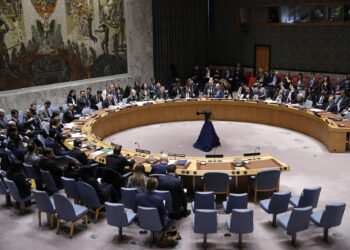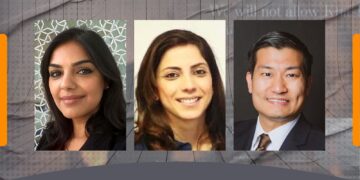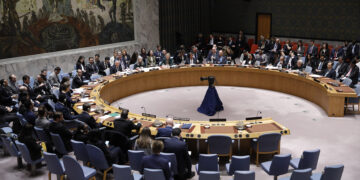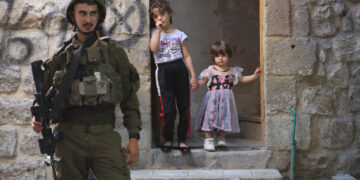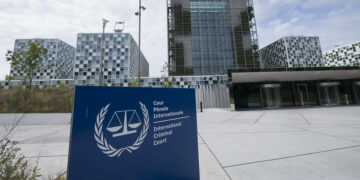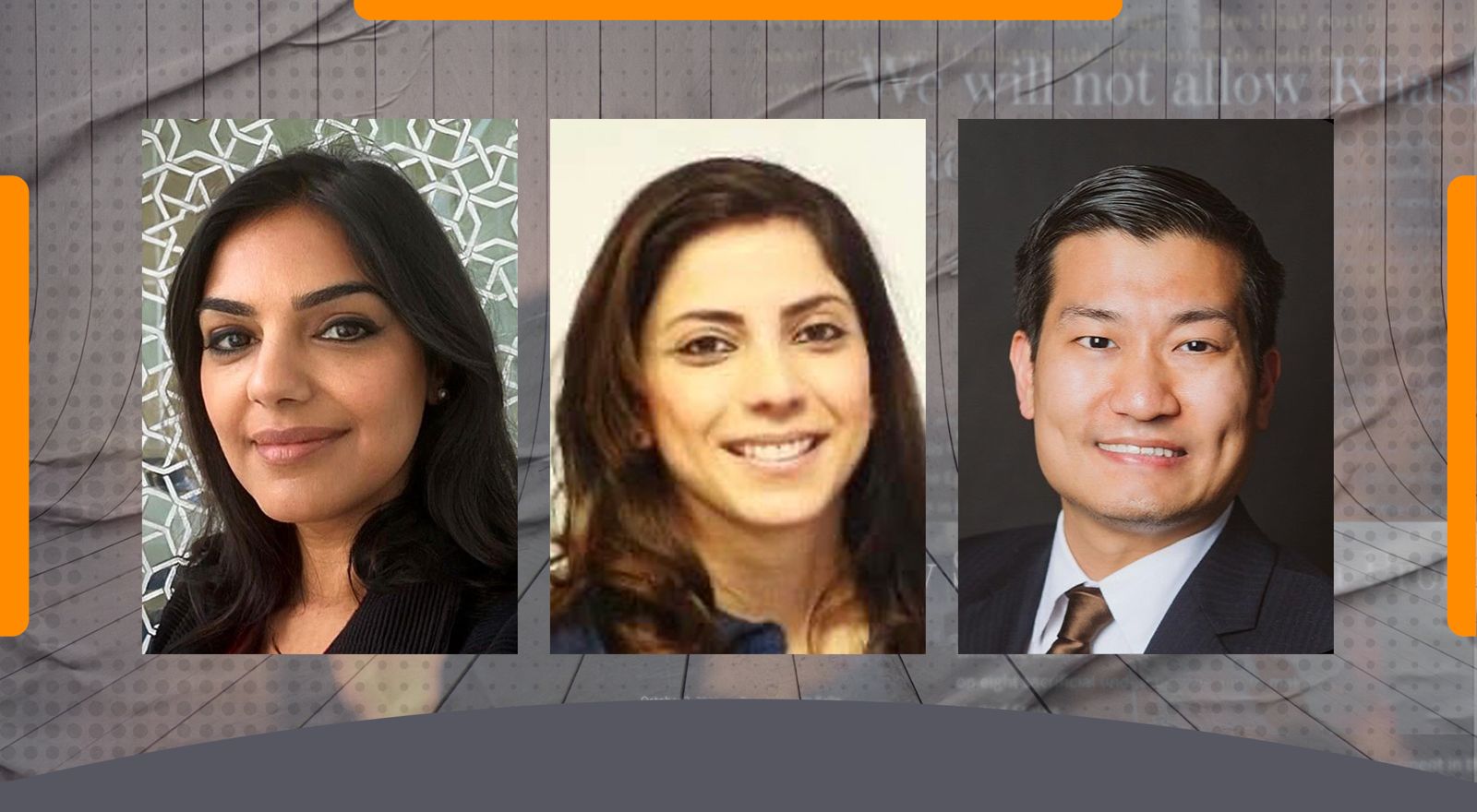New Fellows Bring Expertise on Israel-Palestine, Iraq, Public Health and the Environment to the Organization
Washington, D.C., February 14, 2024) — Three regional experts have joined DAWN as its newest Non-Resident Fellows—Middle East analyst and commentator Mouin Rabbani, Palestinian-American scholar and writer Yara Asi, and Iraqi anthropologist, doctor and author Omar Dewachi—DAWN announced in a statement issued today. They will further expand DAWN's expertise on Israel-Palestine and Iraq, as well as on issues related to public health, human rights, and the environment.
They join a group of 18 other Non-Resident Fellows at DAWN whose expertise complements and advances the organization's mission, research, and advocacy to promote democracy and reform U.S. policy in the MENA region. Like all of DAWN's fellows, Rabbani, Asi, and Dewachi will contribute to DAWN's online journal, Democracy in Exile, and offer insight, analysis, and policy recommendations on behalf of DAWN. Both Rabbani and Asi are already contributors to Democracy in Exile.
"We're thrilled to add three new experts to our growing and diverse Non-Resident Fellows program in Mouin Rabbani, Yara Asi, and Omar Dewachi," said Frederick Deknatel, Executive Editor of Democracy in Exile. "They each bring not only unique and valuable expertise to DAWN but a powerful voice for analyzing and understanding the region to DAWN's journal."
 Mouin Rabbani is a researcher, analyst and commentator specializing in Palestinian affairs, the Arab-Israeli conflict, and the contemporary Middle East. He is also a non-resident fellow at the Center for Conflict and Humanitarian Studies. Rabbani has previously served as Principal Political Affairs Officer with the Office of the U.N. Special Envoy for Syria, Head of Middle East with the Crisis Management Initiative – Martti Ahtisaari Peace Foundation, and Senior Middle East Analyst and Special Adviser on Israel-Palestine for the International Crisis Group. Rabbani is a co-editor of the journal Jadaliyya and a contributing editor at Middle East Report. At Jadaliyya, he edits the "Quick Thoughts" feature and is host of its podcast "Connections." A graduate of Tufts University and Georgetown University's Center for Contemporary Arab Studies, Rabbani has published, presented and commented widely on Middle East issues, including for most major print, television and digital media.
Mouin Rabbani is a researcher, analyst and commentator specializing in Palestinian affairs, the Arab-Israeli conflict, and the contemporary Middle East. He is also a non-resident fellow at the Center for Conflict and Humanitarian Studies. Rabbani has previously served as Principal Political Affairs Officer with the Office of the U.N. Special Envoy for Syria, Head of Middle East with the Crisis Management Initiative – Martti Ahtisaari Peace Foundation, and Senior Middle East Analyst and Special Adviser on Israel-Palestine for the International Crisis Group. Rabbani is a co-editor of the journal Jadaliyya and a contributing editor at Middle East Report. At Jadaliyya, he edits the "Quick Thoughts" feature and is host of its podcast "Connections." A graduate of Tufts University and Georgetown University's Center for Contemporary Arab Studies, Rabbani has published, presented and commented widely on Middle East issues, including for most major print, television and digital media.
"Mouin is one of the most principled, insightful and independent thinkers on the Middle East, the Israel-Palestine conflict in particular," said Nader Hashemi, one of DAWN's first Non-Resident Fellows and the Director of the Alwaleed Center for Muslim-Christian Understanding at the Edmund A. Walsh School of Foreign Service at Georgetown University. "When he writes on this topic, it is always time well spent reading his work and reflecting upon it. I'm delighted about his new fellowship with DAWN."
 Yara Asi is an assistant professor at the University of Central Florida in the School of Global Health Management and Informatics, and a visiting scholar at the FXB Center for Health and Human Rights at Harvard University, where she is co-director of the Palestine Program for Health and Human Rights. She is also a non-resident fellow at the Arab Center Washington DC, a 2020-2021 Fulbright U.S. scholar to the West Bank, and a 2023 Palestine fellow for the Foundation for Middle East Peace. She previously served as the U.S. fellow at Al Shabaka: The Palestinian Policy Network. Her research focuses on global health, human rights, and development in fragile populations. Asi has written for The New York Times, The Washington Post, The Guardian, and The Nation, among other publications, and has been featured on Al Jazeera, The World, and other outlets. Her new book with Johns Hopkins University Press, How War Kills: The Overlooked Threats to Our Health, examines war as a public health crisis.
Yara Asi is an assistant professor at the University of Central Florida in the School of Global Health Management and Informatics, and a visiting scholar at the FXB Center for Health and Human Rights at Harvard University, where she is co-director of the Palestine Program for Health and Human Rights. She is also a non-resident fellow at the Arab Center Washington DC, a 2020-2021 Fulbright U.S. scholar to the West Bank, and a 2023 Palestine fellow for the Foundation for Middle East Peace. She previously served as the U.S. fellow at Al Shabaka: The Palestinian Policy Network. Her research focuses on global health, human rights, and development in fragile populations. Asi has written for The New York Times, The Washington Post, The Guardian, and The Nation, among other publications, and has been featured on Al Jazeera, The World, and other outlets. Her new book with Johns Hopkins University Press, How War Kills: The Overlooked Threats to Our Health, examines war as a public health crisis.
"Yara's sharp and sophisticated research on the public health consequences of war makes crucial connections between health and human rights, adding an important critique of militarized U.S. policy in the Middle East," said DAWN's Executive Director Sarah Leah Whitson. "We are fortunate to have her joining DAWN to advance our mission for democratic change in the region."
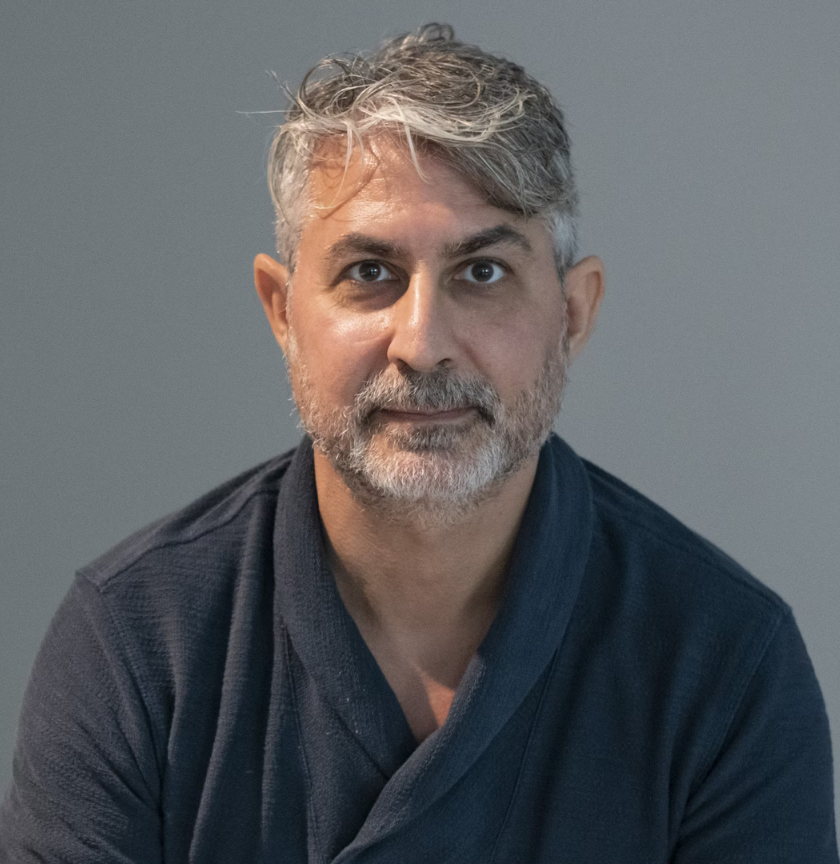 Omar Dewachi is an associate professor of medical anthropology and global health at Rutgers, the State University of New Jersey. His work examines the social, medical, and environmental fallouts of decades of war and violence in Iraq and the broader Middle East. Before he joined Rutgers in 2018, Dewachi cofounded the Conflict Medicine Program at the American University of Beirut, where he taught social medicine and global health. Dewachi's ongoing research project, "When Wounds Travel," weaves together nearly two decades of ethnographic research with his personal experience of displacement and his medical and public health practice across Iraq, Lebanon, and Syria. Dewachi holds an MD from Baghdad University, an MPH from the American University of Beirut, and a PhD in anthropology from Harvard University. He is the author of numerous publications in medical, anthropological, and global health journals, including The Lancet. His book Ungovernable Life: Mandatory Medicine and Statecraft in Iraq, winner of the Society for Medical Anthropology's 2019 New Millennium Book Award, documents the untold history of the rise and fall of Iraq's health care system under decades of U.S.-led intervention. He has also written for The New York Times and Jadaliyya, among other publications.
Omar Dewachi is an associate professor of medical anthropology and global health at Rutgers, the State University of New Jersey. His work examines the social, medical, and environmental fallouts of decades of war and violence in Iraq and the broader Middle East. Before he joined Rutgers in 2018, Dewachi cofounded the Conflict Medicine Program at the American University of Beirut, where he taught social medicine and global health. Dewachi's ongoing research project, "When Wounds Travel," weaves together nearly two decades of ethnographic research with his personal experience of displacement and his medical and public health practice across Iraq, Lebanon, and Syria. Dewachi holds an MD from Baghdad University, an MPH from the American University of Beirut, and a PhD in anthropology from Harvard University. He is the author of numerous publications in medical, anthropological, and global health journals, including The Lancet. His book Ungovernable Life: Mandatory Medicine and Statecraft in Iraq, winner of the Society for Medical Anthropology's 2019 New Millennium Book Award, documents the untold history of the rise and fall of Iraq's health care system under decades of U.S.-led intervention. He has also written for The New York Times and Jadaliyya, among other publications.
"Omar's work on the social, medical and environmental impacts of decades of war and violence in the Middle East is groundbreaking and invaluable, advancing our understanding of the true costs of conflict on affected populations" said Whitson. "He will bring rare expertise to DAWN's ability to inform policymakers about the long-term consequences of our country's excessively militarized approach to the region."
DAWN's Non-Resident Fellows are available for interviews with the media. For inquiries based on each Fellow's area of expertise, please contact press@dawnmena.org.
DAWN, founded in 2018 by Jamal Khashoggi, is a nonprofit organization that promotes democracy, the rule of law and human rights for all the peoples of the Middle East and North Africa and advocates for U.S. policies that align with these goals.













